| |
Child Poverty In The UK
September 27, 2016
Poverty affects one in four children in the UK today. When children grow up poor they miss out on the things most children take for granted: warm clothes, school trips, having friends over for tea. They do less well at school and earn less as adults.

The number of children in absolute poverty has increased by 0.5 million since 2010.

As a direct result of tax and benefit decisions made since 2010, the Institute for Fiscal Studies project that the number of children in relative poverty will have risen from 2.3 to 3.6 million by 2020.

There were 3.9 million children living in poverty in the UK in 2014-15. That’s 28 per cent of children, or 9 in a classroom of 30.

Work does not provide a guaranteed route out of poverty in the UK. Two-thirds (66 per cent) of children growing up in poverty live in a family where at least one member works.
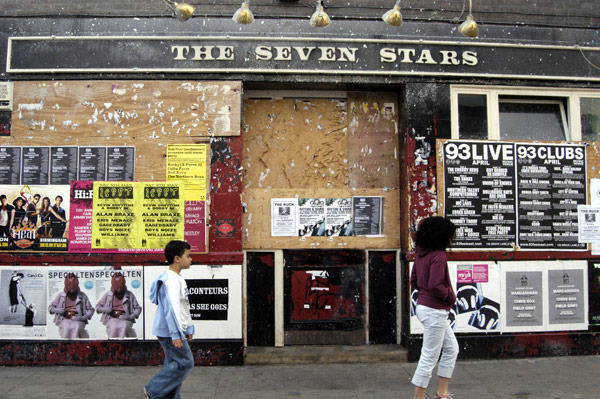
Families experience poverty for many reasons, but its fundamental cause is not having enough money to cope with the circumstances in which they are living. A family might move into poverty because of a rise in living costs, a drop in earnings through job loss or benefit changes.

Housing benefit is under attack. This year brought new restrictions on backdating and temporary absence and further plans to cut expenditure. However, an estimated 4.6 billion pounds of housing benefit goes unclaimed by over one million households, particularly within the growing numbers of in-work claimants.
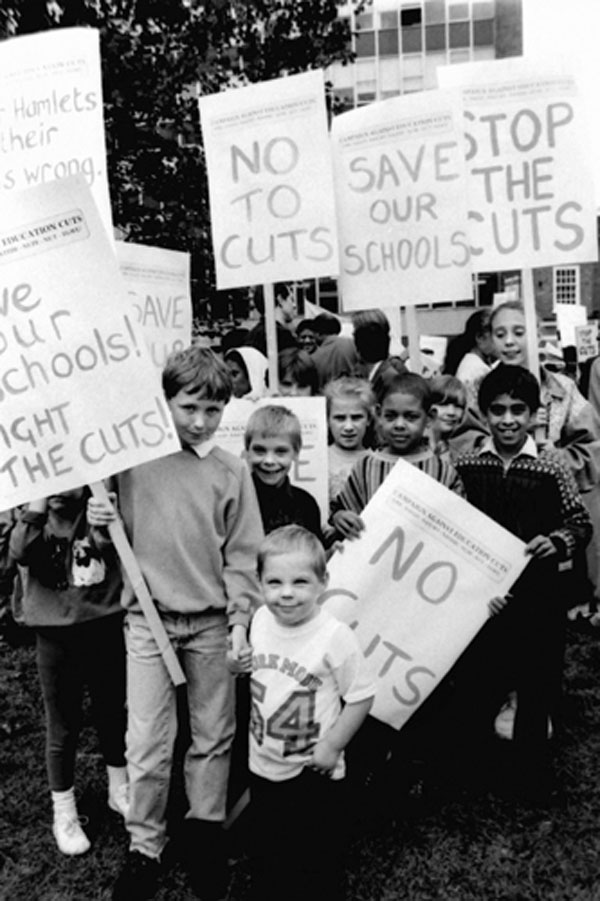
Families struggle with the costs of schooling: school dinners, school trips, cooking costs, equipment, uniforms and shoes.

Any family can fall on hard times and find it difficult to make ends meet. Poverty isn’t inevitable. With the right policies every child can have the opportunity to do well in life, and we all share the rewards of having a stronger economy and a healthier, fairer society.

Child poverty blights childhoods. Growing up in poverty means being cold, going hungry, not being able to join in activities with friends. For example, 60 per cent of families in the bottom income bracket would like, but cannot afford, to take their children on holiday for one week a year.

Child poverty imposes costs on broader society – estimated to be at least £29 billion a year. Governments forgo prospective revenues as well as commit themselves to providing services in the future if they fail to address child poverty in the here and now.
Source: The Child Poverty Action Group (Updated June 2016).
You may also be interested in:
One Response
leave one →




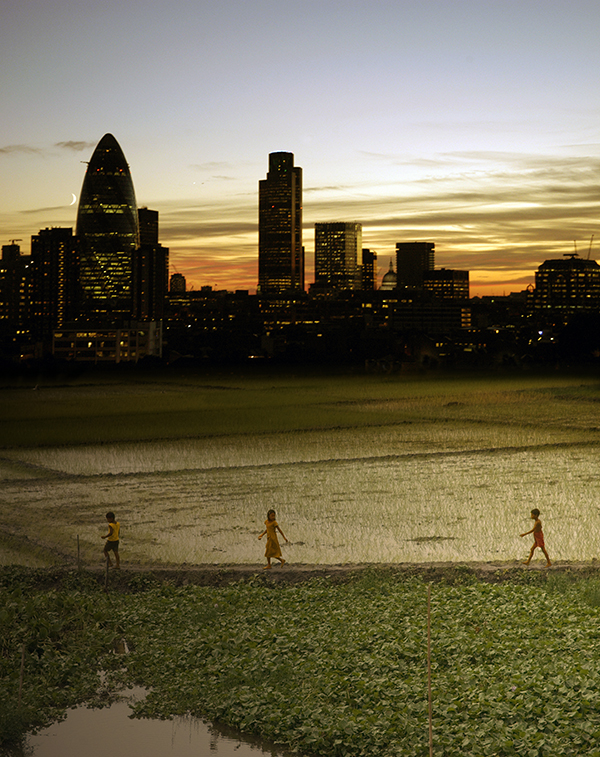

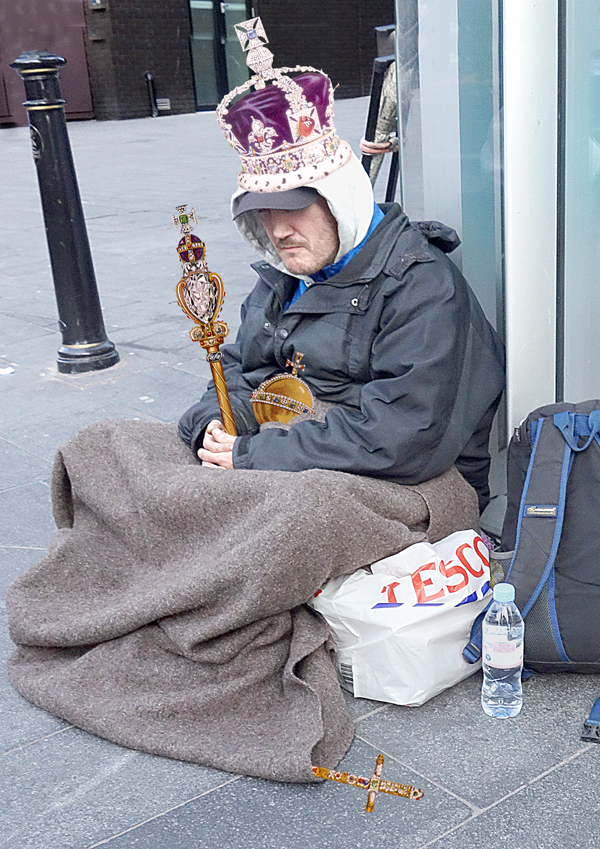

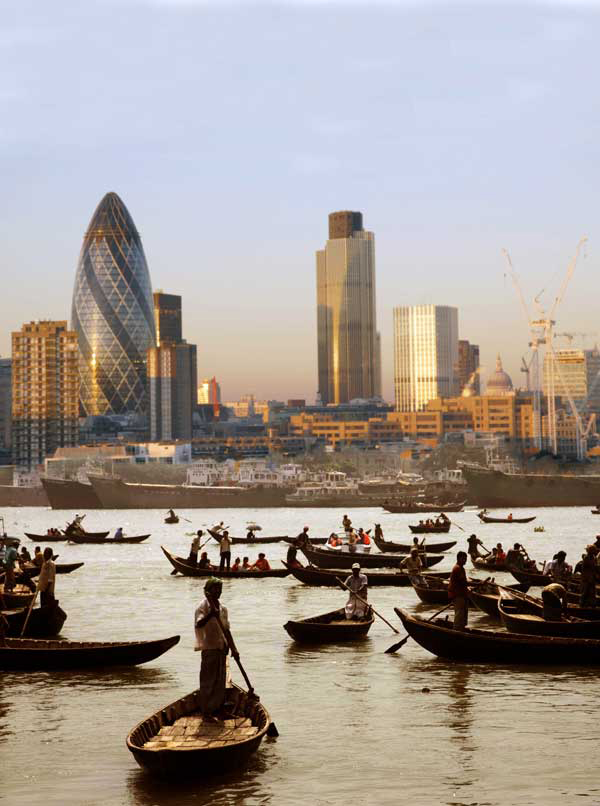
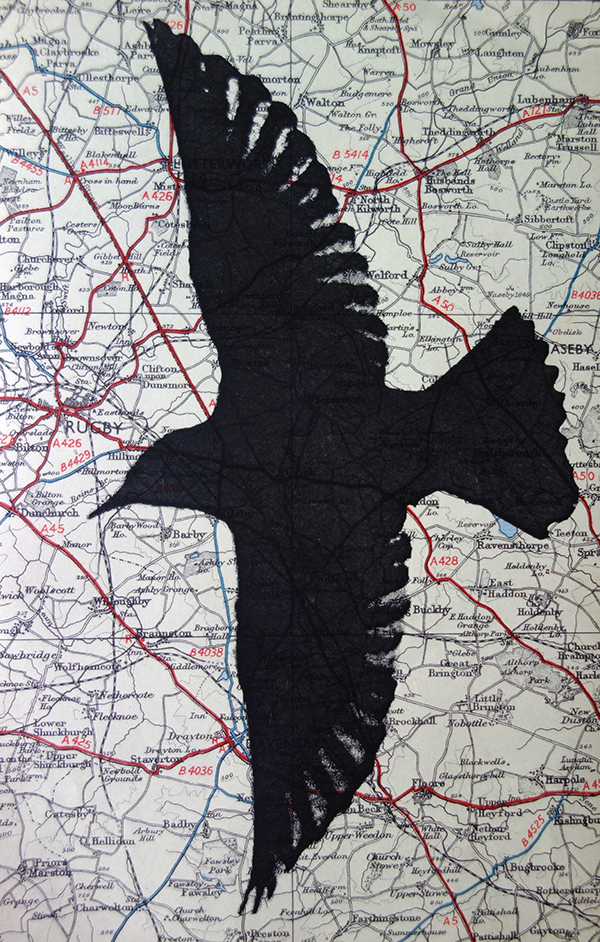





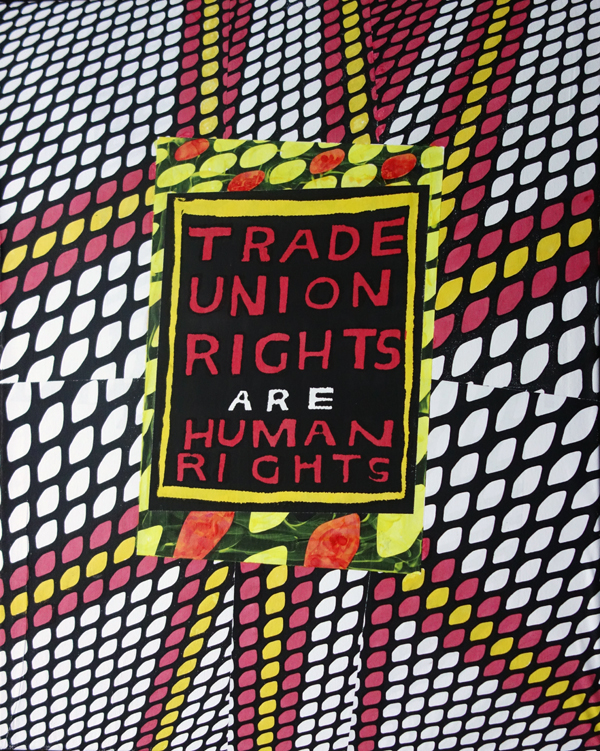







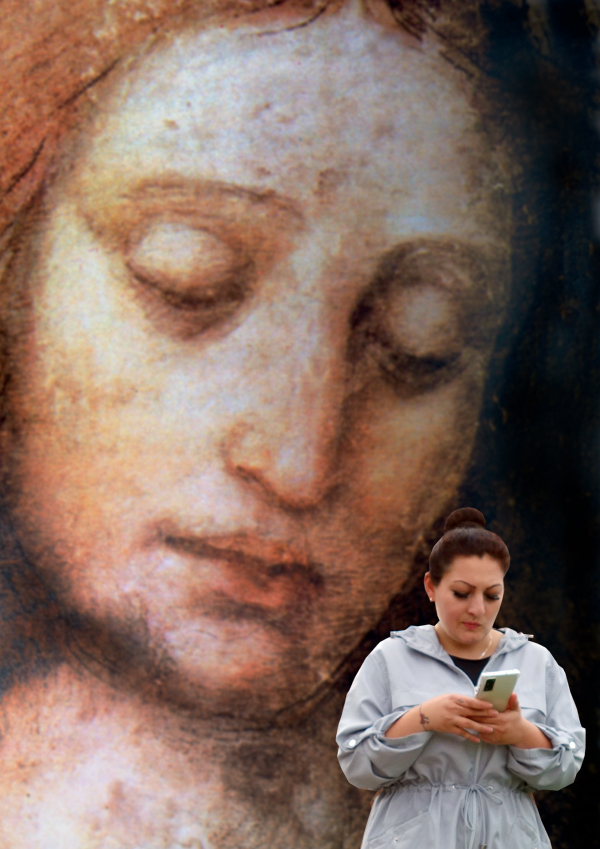

Glad you featured CPAG – I’ve been a member/supporter for many years – a former boss of mine was one of its founders.